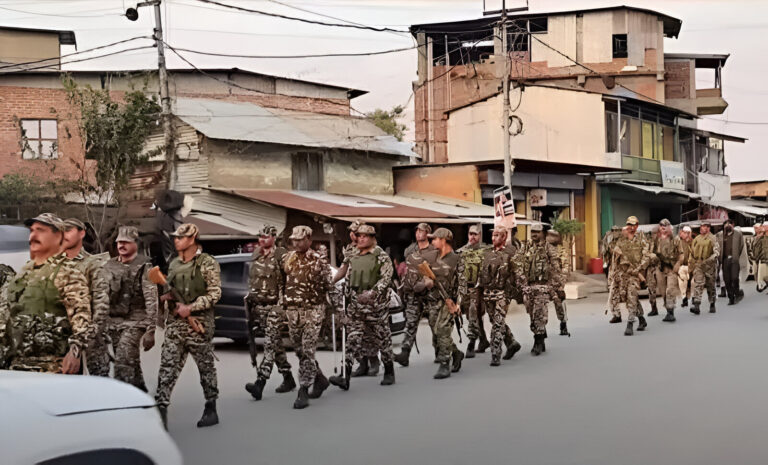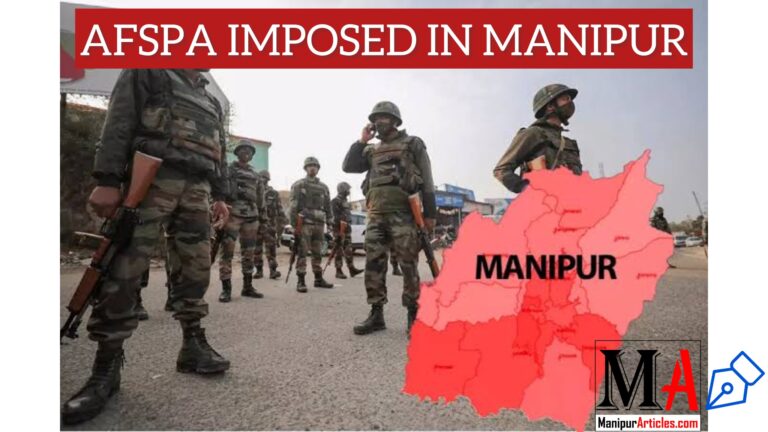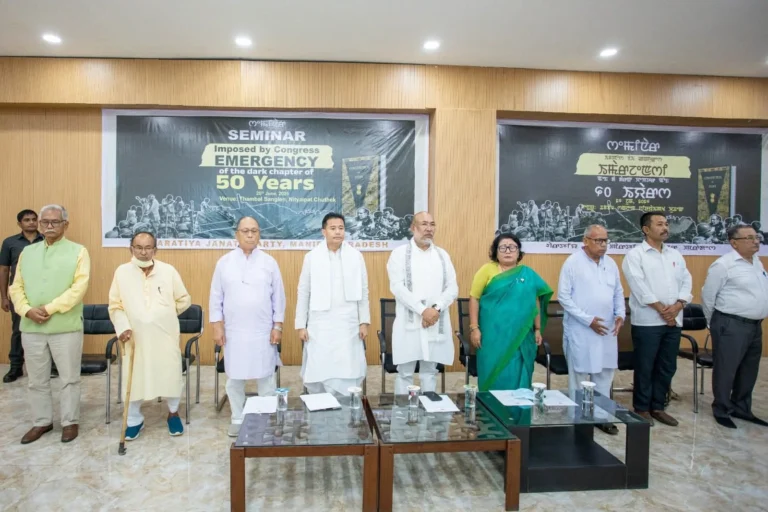Manipur’s Human Rights Crisis: A Call for Unity and Action
Summary
The United Meitei-Pangal Committee (UMPC) has urged urgent intervention to address human rights violations amid ongoing violence in Manipur. Stressing the need for collective efforts, the UMPC seeks both immediate relief and long-term solutions to foster peace and protect vulnerable communities affected by the conflict. This appeal sheds light on the region’s deep-rooted challenges, emphasizing the importance of dialogue, reconciliation, and human rights protection.
Long-Form Article
The Complex Tapestry of Manipur’s Conflict
Let’s dive into the heart of Manipur—a state celebrated for its cultural richness but often scarred by prolonged unrest. Amid this backdrop, the United Meitei-Pangal Committee (UMPC) has stepped forward, calling attention to the glaring human rights violations. Their plea is not just a cry for help; it’s a wake-up call for us all. But what’s driving this unrest, and how can we untangle its roots?
Manipur’s conflict is not a simple story of one side against another. It’s a mosaic of historical grievances, ethnic divisions, and socio-political turmoil. The ongoing violence has left communities divided, families displaced, and individuals struggling to reclaim their sense of safety. The UMPC, representing the voices of the Meitei-Pangal Muslim community, emphasizes that addressing these challenges requires more than band-aid solutions—it demands a united effort.
What’s Fueling the Crisis?
Manipur’s issues aren’t new. They’re the product of decades of mistrust, economic disparities, and political sidelining. While the recent violence may seem like a spark that lit a fire, the fuel has been piling up for years. The UMPC’s statement highlights some key factors:
- Ethnic Tensions: The state is home to diverse communities, each with its own history and aspirations. Unfortunately, this diversity sometimes morphs into division.
- Economic Marginalization: Limited opportunities for education and employment exacerbate feelings of disenfranchisement, particularly among minority groups.
- Weak Governance: Failure to address past grievances has created an environment where conflicts fester instead of healing.
UMPC’s Stand: Why It Matters
What makes the UMPC’s voice significant? For starters, it represents a minority community—Meitei-Pangals—often overlooked in larger narratives. Their concerns aren’t just about their community but reflect a broader desire for harmony and justice across Manipur. By calling for action, the UMPC is reminding us that human rights aren’t negotiable. They’re foundational.
The committee’s demands include:
- Protection of Vulnerable Groups: Ensuring the safety of individuals caught in the crossfire.
- Accountability for Violations: Investigating and addressing human rights abuses.
- Dialogue and Reconciliation: Bridging gaps between communities through constructive conversations.
- Economic Upliftment: Creating opportunities to reduce systemic inequalities.
Human Rights: A Shared Responsibility
Now, let’s talk about human rights. We often think of them as abstract ideals, but they’re the very fabric of a functional society. When one person’s rights are violated, it’s not just their problem—it’s ours. Why? Because it signals a breakdown in the systems meant to protect all of us.
In Manipur, human rights violations don’t just affect individuals; they erode trust in institutions, deepen community divides, and stifle progress. Addressing these violations isn’t just about justice for victims—it’s about restoring faith in a shared future.
The Role of Civil Society
You might wonder, “What can we do?” The answer lies in collective action. Civil society organizations, activists, and ordinary citizens play a crucial role in bringing change. Here’s how:
- Raising Awareness: Shine a light on the issues. Ignorance breeds apathy, and apathy allows problems to persist.
- Advocating for Policy Changes: Push for laws and policies that protect human rights and promote equality.
- Providing Support: From legal aid to psychological counseling, support systems are essential for victims of violence.
The UMPC’s call is a perfect example of civil society stepping up. Their advocacy reminds us that change begins when people refuse to stay silent.
Building Bridges: The Path to Reconciliation
Healing a fractured society isn’t easy, but it’s possible. And it starts with dialogue. Think of it like fixing a broken vase: You can’t just glue the pieces randomly; you need patience and precision to restore it.
In Manipur, reconciliation means bringing together communities that have long seen each other as adversaries. It means listening, understanding, and finding common ground. This isn’t just about forgetting the past—it’s about learning from it.
Challenges and Roadblocks
Of course, none of this comes without hurdles. The path to peace is often messy, filled with setbacks and frustrations. Some of the major challenges include:
- Deep-Rooted Prejudices: Years of conflict have entrenched mistrust, making reconciliation difficult.
- Political Interests: Certain groups benefit from the status quo and resist change.
- Limited Resources: From funding to manpower, the tools needed for rebuilding are often in short supply.
Despite these challenges, the UMPC’s appeal shows that hope isn’t lost. Change may be slow, but every step forward counts.
The Bigger Picture: Why This Matters Beyond Manipur
Why should you, someone miles away, care about what’s happening in Manipur? Here’s why: Human rights are universal. When we stand by as they’re violated in one place, we weaken their power everywhere. Manipur’s struggle is a reminder of the fragility of peace and the importance of vigilance.
Additionally, conflicts like this have ripple effects. They impact regional stability, economic development, and even global perceptions. By addressing the root causes of Manipur’s unrest, we’re contributing to a safer, more equitable world.
A Vision for the Future
Imagine a Manipur where diversity is celebrated, not feared. A place where communities coexist peacefully, and every individual feels safe and valued. This isn’t just a dream—it’s a goal worth striving for. And it’s achievable through persistence, empathy, and collaboration.
The UMPC’s call for action is a step in this direction. By addressing human rights violations and fostering unity, Manipur can move toward a brighter future. It won’t be easy, but as the saying goes, “The journey of a thousand miles begins with a single step.”
FAQs
- What is the UMPC, and what do they advocate for?
The United Meitei-Pangal Committee is a civil society group advocating for human rights, peace, and justice in Manipur amid ongoing violence. - Why are human rights violations a significant concern in Manipur?
Violations undermine trust, deepen divisions, and hinder social and economic progress in the region. - How can communities contribute to peacebuilding in Manipur?
Through dialogue, awareness campaigns, and collaborative efforts to address underlying grievances. - What challenges hinder reconciliation in Manipur?
Deep-seated prejudices, political interests, and resource constraints are significant obstacles. - Why is Manipur’s situation relevant on a global scale?
It highlights the universal importance of protecting human rights and fostering peace for regional and global stability.


